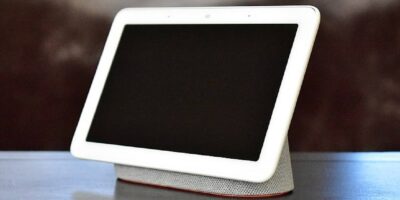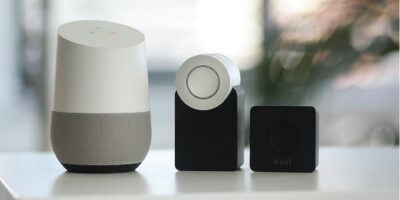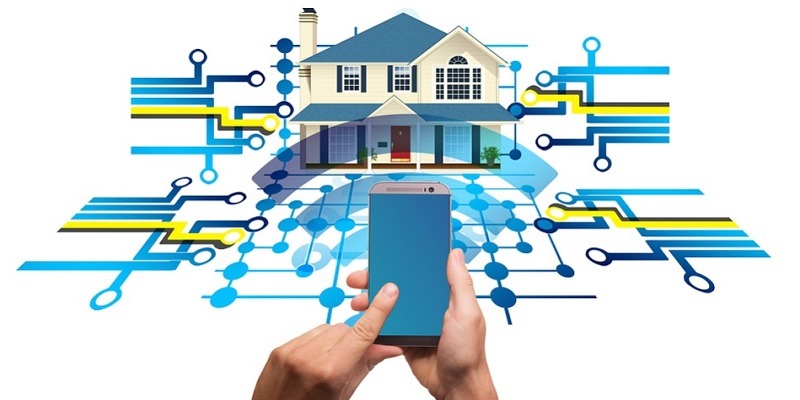
Smart home myths are extremely common as is the perception that they’re only for the super rich.
Many people have misunderstandings about smart devices and are reluctant to have anything “smart” in their home. This holds them off from making a purchase.
Here we will dispel these repeated myths about smart homes so that you can confidently buy the IoT devices you need.
Myth 1: Say Goodbye to Privacy
Of course, no one relishes the idea of worrying about data leaks, especially not inside their own castle.
Understandably, when you’re ordering a pizza using Google Assistant on your smart TV, you don’t want North Korea sneaking behind a hacked Nest cam.
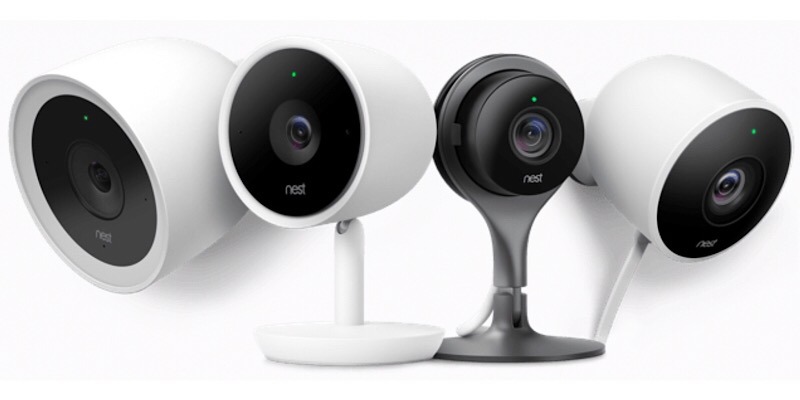
However, realistically, what are the odds of such an event happening? Most reputed IoT device makers are taking extra precautions to ensure that your smart device is tamper-proof.
In fact, governments are so confident that they are even inviting hackers to hack all insecure IoT devices. If that is not good enough for you, try this crash course on how to secure your IoT devices.
Maybe you have concerns about companies collecting so much personal information. Here’s the thing, though: almost all the data you share is deletable. As data privacy standards continue to evolve, you will eventually remain the only one in control of your smart home data.
Myth 2: I Can’t Afford It
The biggest bogey, if there was one: offering excuses about your inability to afford smart devices may not work forever.
A lot of IoT devices are available for throwaway prices. The list is long and exhaustive but includes many of the following:
- Smart bulbs: While Philip Hue is one popular example, there are so many more.
- Smart buttons: If you have smart bulbs, you might go for smart buttons to operate them in case the mobile apps don’t work.
- Video doorbells: You can get one which works with your Alexa or Google Assistant.
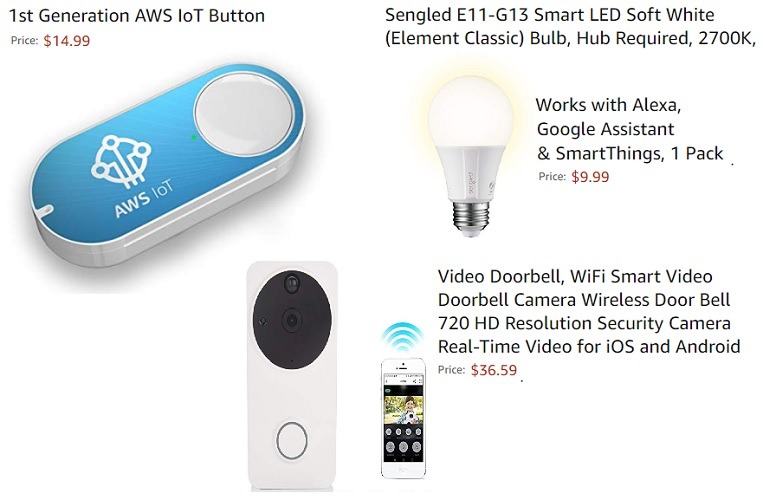
As IoT penetration improves, we will see a drastic reduction in the prices of thermostats, smart locks, and even smart speakers. In the near future, if you’re planning to buy a new refrigerator or TV, they will be smart by default.
Mark my words – very soon all your neighbors and friends are going to get these shiny objects, and you will have to cave in.
Myth 3: They Require Technical Knowledge
This could be a valid concern because you might indeed require in-depth technical knowledge to operate your smart devices.
First, you will have to learn how to operate a smartphone and download an app for Alexa, Nest or similar. From the Play Store no less.
You will also have to learn how to plug and play your smart devices and set up the passwords. Again on the app no less.
Next, you will have to learn how to turn your devices on. With Philip Hue you might even have to learn how to finally change a light bulb. That’s terrible!
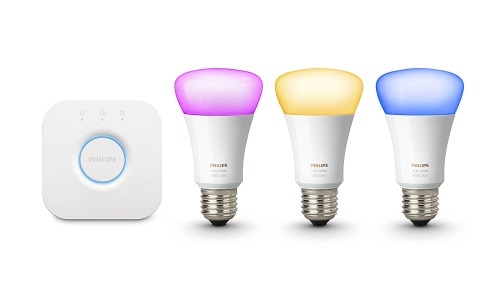
You see where I am going with this?
The truth is you don’t need any technical knowledge with a majority of smart home appliances.
A few exceptions include the Nest thermostat which is tricky to install. But, shoot questions to us at this website, and I promise we’ll have you covered for that as well.
Smart consumer appliances are so easy that you only have to unbox them and play around a bit.
Myth 4: They Consume a Lot of Energy
This is the biggest smart home myth ever. Smart appliances were designed keeping in mind the power consumption needs of tomorrow. And always without exception, they consume far less power units than old-fashioned devices.
I have a slightly older LG smart refrigerator. Pictured below is the power savings showing it only consumes 194 units per year. To give a perspective, I might be burning slightly more units annually on an old-fashioned electric shaver.
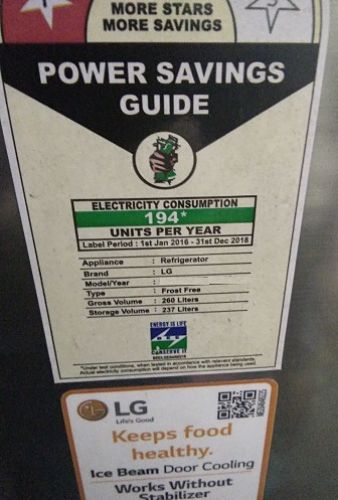
In the end, your smart device power consumption should depend on how much you are using them, just like with regular appliances.
Conclusion
Whether or not anyone likes it, we are fast moving to an era where smart homes will become commonplace. Look around you, and see that many people are already making the shift.
Here’s an appeal to homeowners: if you’re letting your pad out to good tenants, it’s time to give them a smart home. It really won’t consume much investment or power, and they will thank you later.
Get the best of IoT Tech Trends delivered right to your inbox!








